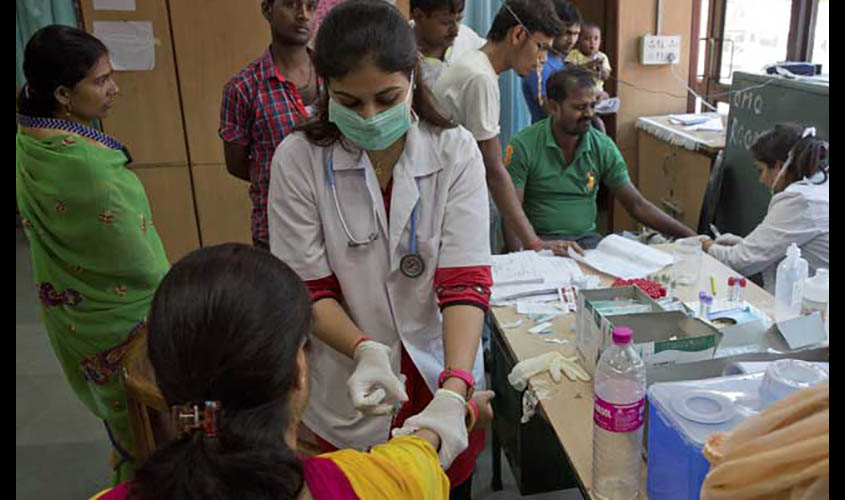Delhi has been witnessing a sharp rise in cases of vector-borne diseases, including dengue, malaria and chikungunya, according to data of the municipal corporations of Delhi. As 300 new cases of malaria were reported till last month, and the total number of dengue cases went up to 200. During the same period, 250 cases of chikungunya were reported from across the city.
Out of the 300 malaria cases, 147 affected people were residents of Delhi. Similarly, almost one-third of the patients diagnosed with chikungunya were from Delhi.“Despite huge expenditure on the malaria eradication programme by successive governments, the disease is still prevalent due to the lethargic approach of civic authorities,” Dr Subham Biswas, a doctor at the National Institute of Malaria Research (NIMR) told The Sunday Guardian. The NIMR is a premier institute established in 1977 to find short-term as well as long-term solutions to problems caused by malaria through basic, applied and operational field research. Dr Biswas, who is also associated with the malaria eradication programme of the Central government, said, “Unplanned growth in urban areas, rapid industrialisation of areas of human habitat, labour aggregation at project sites in the cities and movement of population across the border, are some of the major reasons behind the spurt of malaria in the city.” Inadequate healthcare services and lack of separate wards in hospitals dedicated to treatment of vector-borne diseases, have led to an increase in the number of malaria patients in Delhi.However, Archana Prasad, a senior resident doctor at the Ram Manohar Lohia Hospital, claimed: “Most of the Delhi government hospitals have made arrangements for separate wards for malaria patients. Government hospitals are well equipped to treat vector-borne diseases.”
However, Prasad accepted that most of the hospitals in the capital don’t have separate wards for chikungunya patients. According to the three municipal corporations of Delhi, the South corporation has a strength of 1,093 malaria inspectors and field workers, out of which 471 posts are vacant. In the North and East civic bodies, over 40% of such posts have been vacant for over five years.

